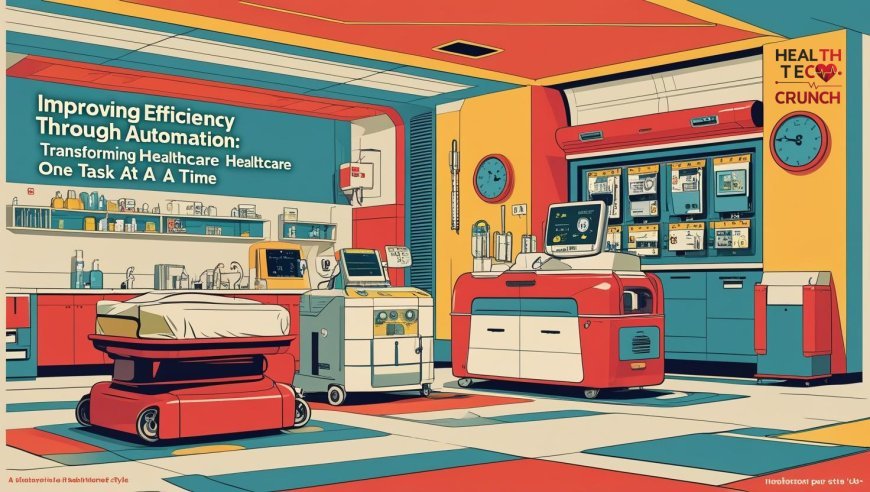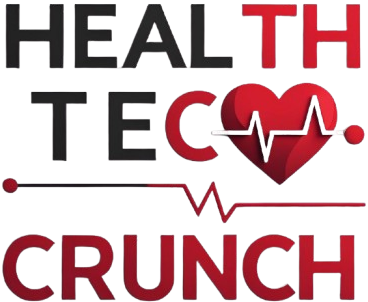Improving Efficiency Through Automation: Transforming Healthcare One Task at a Time

Improving Efficiency Through Automation: Transforming Healthcare One Task at a Time
Healthcare has always been a demanding field, not just for the frontline medical professionals but also for the administrative teams working tirelessly behind the scenes. Managing patient records, scheduling appointments, processing billing, and coordinating care all require significant time and effort. These administrative tasks, while essential, often consume valuable resources that could be better spent on patient care. This is where automation and technology step in, offering a way to ease the burden and improve efficiency throughout healthcare settings.
Automation in healthcare is not about replacing the human touch; rather, it’s about empowering healthcare workers to focus on what they do best-caring for patients. By automating repetitive and time-consuming processes, hospitals and clinics can reduce errors, save time, and streamline workflows. This, in turn, allows medical staff to dedicate more attention to diagnosis, treatment, and patient interaction.
Consider appointment scheduling, a seemingly simple yet often complex task. Automated systems can handle bookings, send reminders, and manage cancellations without constant manual intervention. This reduces no-shows and keeps patient flow steady, improving both efficiency and patient satisfaction. Similarly, patient registration and insurance verification processes, which traditionally involve piles of paperwork and waiting, can now be completed swiftly with automation, minimizing delays and reducing administrative costs.
Billing and claims processing is another area where automation shines. By integrating automated billing systems with electronic health records, healthcare providers can ensure accurate invoicing, faster claims submission, and quicker reimbursements. This reduces the financial strain on both providers and patients and helps maintain a smoother revenue cycle.
Beyond administrative duties, automation also supports clinical workflows. For example, automated alerts and reminders can prompt healthcare providers about medication schedules, follow-ups, or test results, enhancing patient safety and adherence to care plans. Data entry, which is prone to human error and fatigue, can be streamlined with voice recognition and AI-powered tools, ensuring more accurate and timely documentation.
The benefits of automation go beyond operational efficiency. It can improve job satisfaction by relieving staff from mundane tasks and reducing burnout. Healthcare workers feel more valued when they spend their time on meaningful activities rather than paperwork. Patients, in turn, experience quicker service, fewer errors, and a more organized care journey.
However, integrating automation into healthcare requires thoughtful implementation. Systems must be user-friendly, secure, and compatible with existing technologies. Training and support are essential to help staff adapt and embrace these new tools. Importantly, technology should complement-not complicate-the workflows and relationships that make healthcare truly human.
As we look to the future, automation will play an increasingly vital role in healthcare. It promises to create more efficient, patient-centric environments where technology and human compassion work hand in hand. By streamlining administrative tasks, healthcare organizations can unlock time, reduce costs, and ultimately improve the quality of care delivered to every patient walking through their doors. This balance of innovation and empathy is what will define the next chapter in healthcare’s evolution.



























